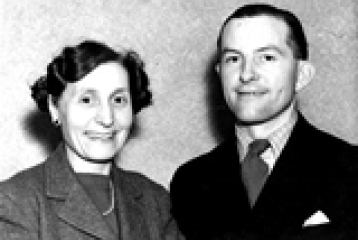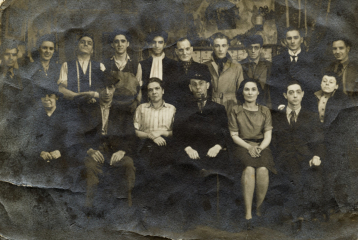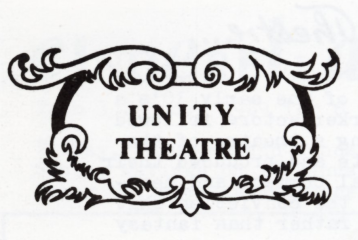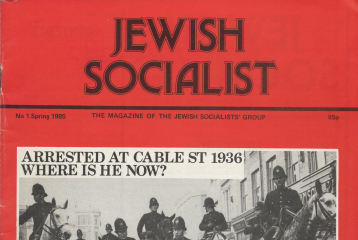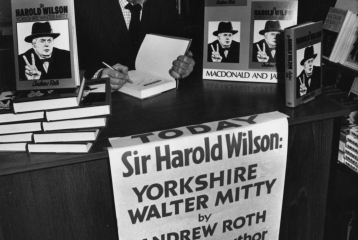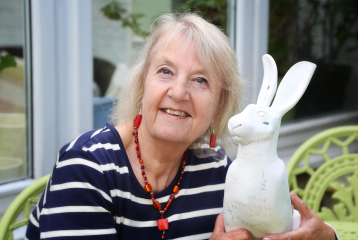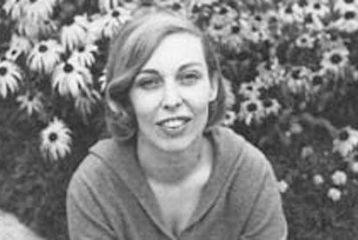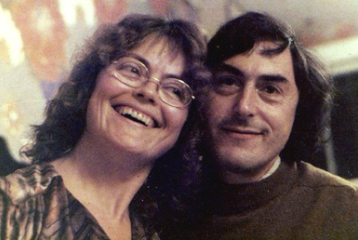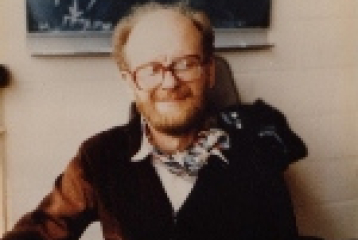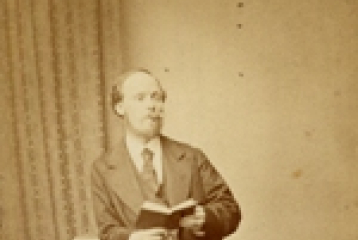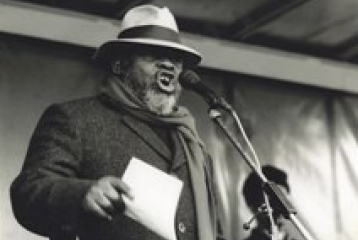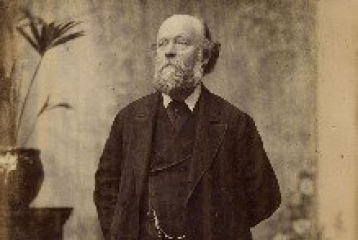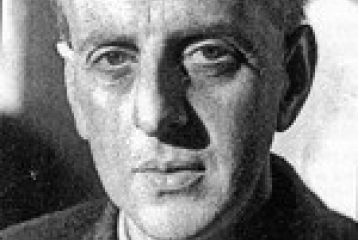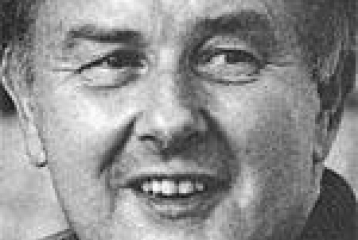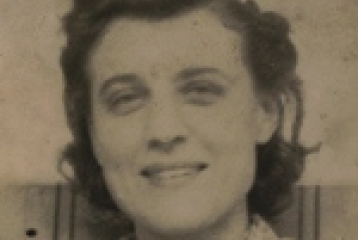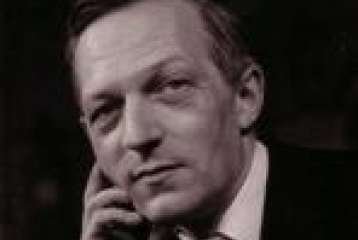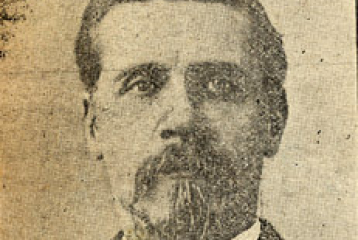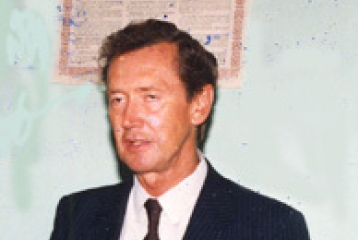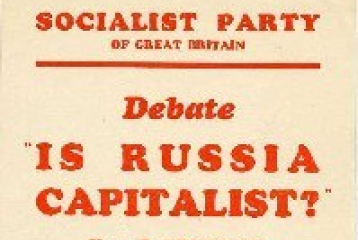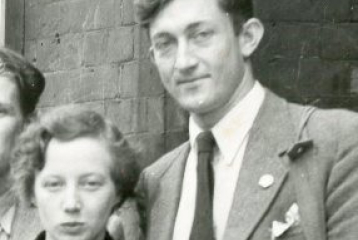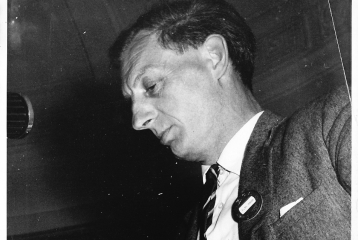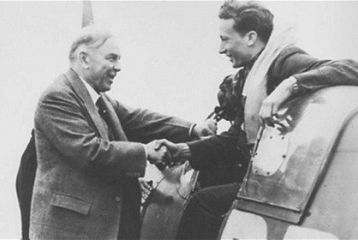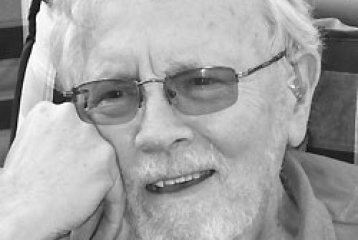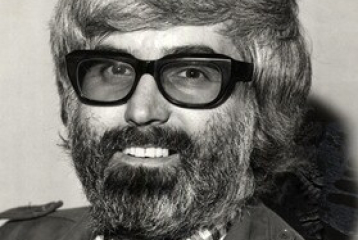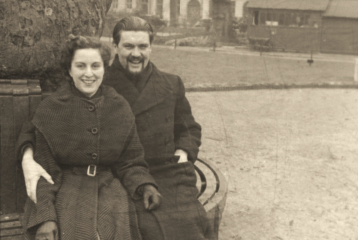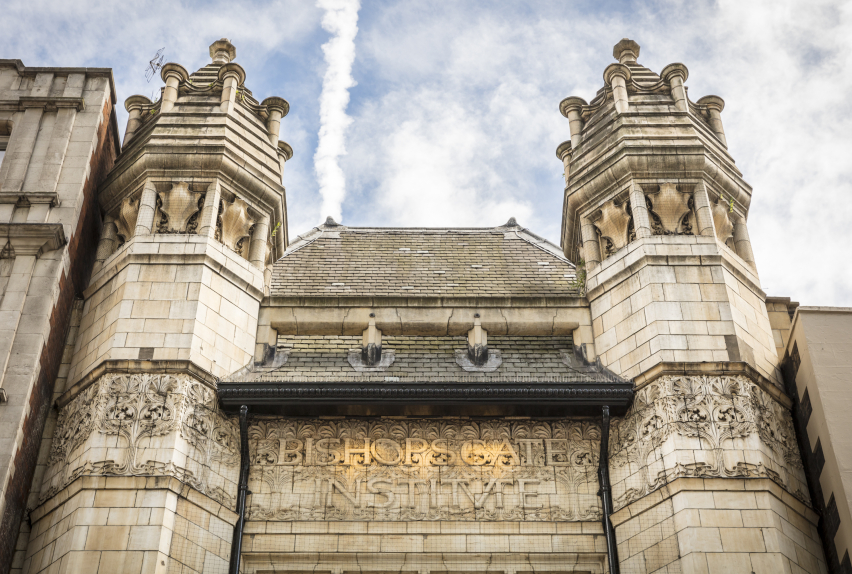Bernie Grant
About this Archive
Grant, Bernard Alexander Montgomery (Bernie) (1944-2000) politician
Administrative/Biographical History
Bernie Grant was born in 1944 in Georgetown, Guyana into a family of teachers. His father, Eric, was a headmaster and, later, principal of a Teachers' Training College. His mother, Lily, was a highly respected teacher, both in Guyana and in Haringey, North London and several of his close relatives also chose education as their profession, including his uncle, Basil Blair, who was a President of the Guyana Trades Union Congress. Bernie was the second child and second son of five children and spent three years at his father's primary school in Ituni, one of the bauxite-mining districts of Guyana. He returned to Georgetown at the age of nine to attend Sacred Heart Roman Catholic School, from where he won a scholarship to St Stanislaus College, a Jesuit boys' secondary school. Although he passed his O Levels with flying colours, Bernie left school a year later because he wasn't allowed to study his preferred subjects. He then worked for two years as a laboratory analyst before he left for England to join his family.
On arriving in England Bernie attended Tottenham Technical College before going on to study engineering at Heriot-Watt University, Scotland. He left University in 1969 in protest against discrimination against black students. For the next 9 years, he became an International Telephonist, quickly becoming involved in the Union of Post Office Workers, fighting for the rights of fellow workers. In 1978 he became a full time Area Officer for NUPE, responsible for its local authority and health workers. Bernie founded the Black Trades Unionists Solidarity Movement, and worked for it full time between 1981 and 1984. Bernie joined the Tottenham Labour Party in 1973, and held numerous positions within the local party before being elected a councillor in 1978. His impact was immediate, and within a year he was Deputy Leader of the Council.
By 1985 he had become the Leader of Haringey Council, the first ever-black person to hold such a position in Europe. As leader he pioneered a number of equalities policies to eradicate all forms of discrimination. During this time Haringey Council was one of the few local authorities to develop policies allowing greater access for the disabled, tackle gender and racial discrimination as well as tackling discrimination on the basis of sexual orientation. The disturbances on Broadwater Farm Estate in 1985, brought him to national prominence, as he defended the youth against police harassment. Despite meeting the full force of the racism of the British press he refused to compromise.
Elected to Parliament in 1987, as one of the first black MP's in modern times. He famously attended his first State Opening of Parliament in African dress. In Parliament he founded the Parliamentary Black Caucus, and took a leading role in establishing contacts with black people and politicians throughout the world. He travelled widely, especially to Africa and to his beloved Caribbean region. In 1990 he accompanied Rev Jesse Jackson to South Africa, greeting Nelson Mandela on the day of his release. Later he established an information technology centre amid the townships in the Free State, which is named after him.
He was Chair of the All Party Group on Race and Community, and of the British Caribbean Group. In 1997 he was appointed as member of the Select Committee on International Development, and he was the only MP amongst those appointed to the Home Secretary's Race Relations Forum in 1998. He founded the Standing Conference on Racism in Europe in 1990, and also established the Africa Reparations Movement in Britain. In 1995, he founded the Global Trade Centre. A dedicated constituency MP, his last battle was to establish a major arts and cultural facility in his Tottenham constituency, a project which has been progressed since his death and will now be named The Bernie Grant Centre.
On the floor of the House of Commons he was outspoken in the cause of eliminating racism both in Britain and the world. He campaigned against racist policing methods, and deaths in custody, on institutionalised racism in health, housing and education, for refugees, and for greater resources for inner city areas. Internationally he fought for the elimination of overseas debt for poor nations, and for the recognition of the past injustices of colonisation and enslavement. By the time of his death, the outspoken activist of the seventies and eighties, was seen as a statesman of great integrity. His funeral at London's Alexandra Palace in April 2000, attended by some 5000 people from all sectors of society confirmed his standing and impact on public life.
Scope and Content
Original papers and publications relating to Bernie Grant's personal life and his public role as a Member of Parliament including the papers of organisations with which he was involved such as the African Reparations Movement, [1963-2000]. The collection comprises papers and correspondence notably relating to:
- The Gulf War, 1990-1991.
- Black businesses, ministerial and general correspondence.
- Personal papers, including tributes and condolences, biographical files and legal papers.
- speeches.
- Files on a range of subjects including on international affairs such as colonialism, racial incident dossiers, Haringey Council business, trade union papers, press files, on campaigns such as the Broadwater Farm riots, the 'Tottenham Three' and the case of Joy Gardner, Parliamentary and Labour Party affairs and constituency case files.
- Published reference material.
- Ephemera, notably campaign fliers and invitations.
- Artefacts and clothing including African robes such as the ones worn to the State Opening of Parliament, campaign placards, posters and awards/plaques.
- Photographs.
- Audio and video recordings of interviews and speeches, television and radio appearances.
Quantity
70 boxes.
For more information on Bernie Grant, the archive and various exhibitions on his life and career, visit the Bernie Grant Archive website
